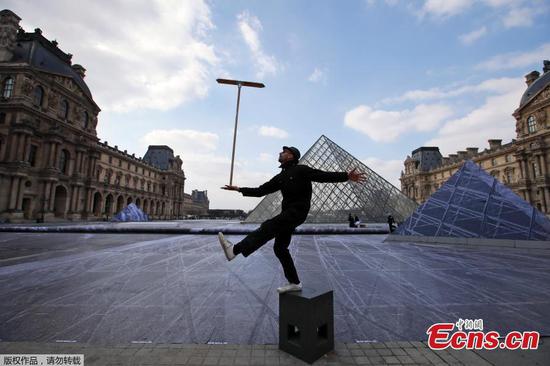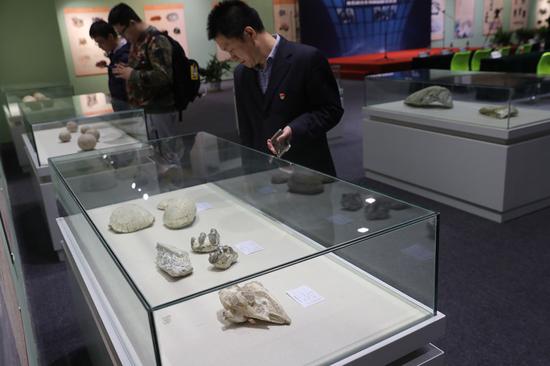Time is running out on the twice-a-year European ritual of "changing the clocks" after politicians in the European Parliament voted this week to scrap it in 2021.
The practice of moving the hands on clocks forward by one hour in the spring and back by an hour in the fall, on two specific days, became widely adopted in Europe in the 1980s and mandatory by 2001. The Europe-wide synchronized clock change ensured all European Union nations' hours remained consistent with one another, something that was aimed at facilitating business dealings, vacations and energy savings.
Currently, the EU's 28 member states switch to "summer time" on the last Sunday of March, and back to "winter time" on the last Sunday of October.
In recent years, critics of the biannual tweaking have pointed to negative health impacts brought about by disruption to sleep patterns, and EU officials have admitted that the amount of energy saved because of the use of daylight saving time is marginal. The bloc also noted that its member nations now trade widely with nations that do not change their clocks twice a year, including China, Russia, and Turkey.
When daylight saving time is scrapped in two years, EU nations will choose between remaining permanently on either "summer time" or "winter time".
British people have a long tradition of changing their clocks twice a year. It started in 1916 with an act of Parliament aimed at helping early-risers, including farmers and builders, to make the most of the working day while saving energy used for lighting by ensuring more daylight was available later in the day.
In Britain, which is in the process of leaving the EU, some politicians have reacted to the end of daylight saving time with dismay, saying the decision is an example of EU meddling.
John Flack, a Conservative Party MEP who represents people in the largely rural eastern England region, told The Guardian newspaper farmers like things the way they are.
"We've long been aware the EU wants too much control over our lives-now they want to control time itself," he said. "You would think they had other things to worry about."
The European Commission set the wheels in motion to scrap daylight saving time after quizzing Europeans and finding 84 percent of the 4.6 million people who participated in the survey wanted to ditch it. The BBC said a petition in Finland against daylight saving time contributed to the move after garnering 70,000 signatures.


















































